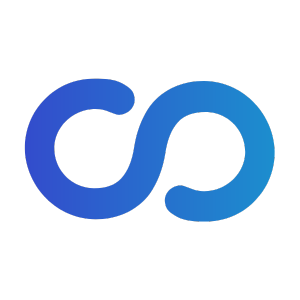From Essential to Enthusiast: The Future of HCP Engagement
Primary market research indicates that physicians are now more interested in doing business virtually, whether that means engaging with telehealth or meeting with reps through online channels. To better understand where HCPs fall on the digital spectrum, there are five personas characterized by unique practice needs and preferences:
Essential – conventional F2F approach, low frequency
Traditionalist – F2F approach, higher frequency
Seeker – future hybrid approach, unlocked by digital education
Constrained – hybrid approach with customized touchpoints
Enthusiast – high engagers empowered by increased digital connectivity
This spectrum ranges from “Essential,” or HCPs with critical patients (who are typically hospital-based) and want a return to face-to-face engagement with medical reps, to “Enthusiast,” who have a higher preference for digital and high patient loads driven by repeat prescriptions. Regardless of where they fall, HCPs across the board have acknowledged digital is a necessity.
In order to leverage all types of HCPs, organizations should have “push” and “pull” strategies in place. With a push strategy, companies can proactively deliver messages to an audience, whereas with a pull strategy, HCPs come directly to a business for information.
A pull strategy is crucial because if you can’t respond to customers, they will turn elsewhere – 24/7 online engagement is expected. In most facets of our everyday lives we engage with brands digitally first, and healthcare is no different. To be on-demand, marketers must discover how to “conversationalize” brands, enabling push and pull in real time and marrying both AI and human agents. Furthermore, brands must be able to predict the next best action and fulfill an omnichannel response, ideally going wherever the customer is.
With conversational AI, physicians can receive personalized content at the moment of need. The platform includes tools to link these HCPs with more information, or schedule a meeting with a rep. Accordingly, many conversational AI requests occur outside of business hours – which is why providing a self-service channel is a must. Without a way to communicate with customers on their schedule, you risk losing high value interactions.
There’s no doubt that digital engagement is here to stay and all types of HCPs want access to brands on-demand. By creating a seamless experience and ensuring personalized communication through AI-powered conversations, brands can always be available, leading to elevated script lift.
About the Author
Content Manager


